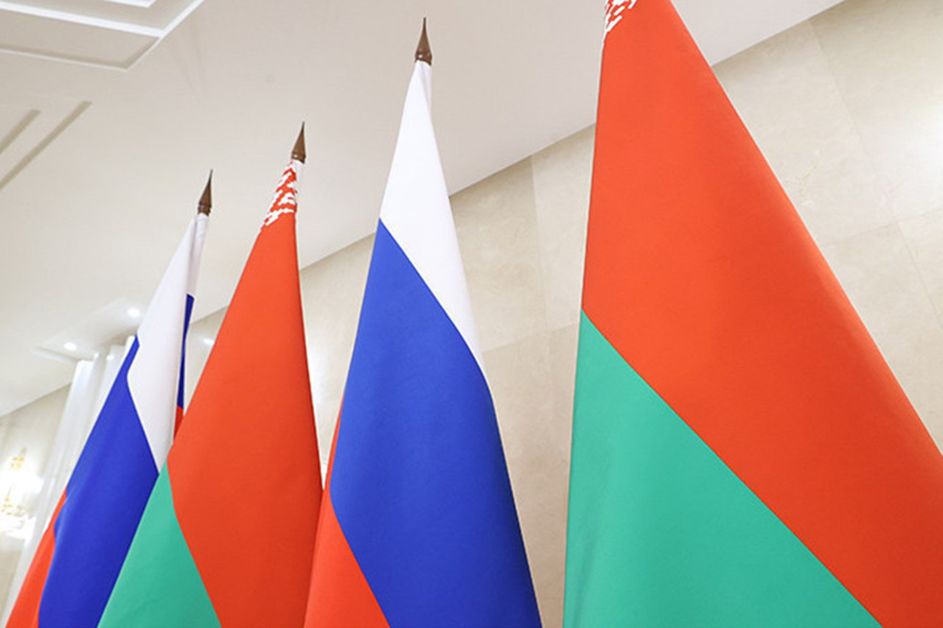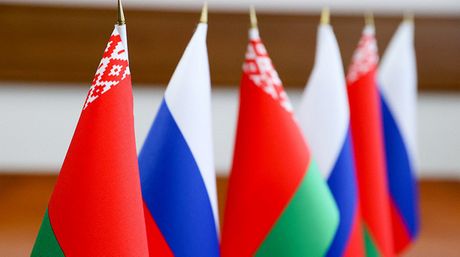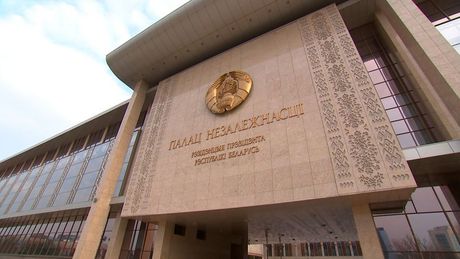Belarus, Russia reaffirm commitment to nuclear non-proliferation
10:00, 23 July

Belarus and Russia reaffirmed their commitment to preserving and strengthening the nuclear non-proliferation regime. The two countries made a joint statement at the second session of the Preparatory Committee for the 2026 Review Conference of the Parties to the Treaty on the Non-Proliferation of Nuclear Weapons (NPT), BelTA learned from Belarus’ Permanent Mission to the UN Office and other international organizations in Geneva.
- Share on Facebook
- Share on VK
- Share on Twitter
“The Republic of Belarus and the Russian Federation proceed from the fact that the NPT [Treaty on the Non-Proliferation of Nuclear Weapons] is extremely important for strengthening global security. It is one of the central elements of the arms control, disarmament and non-proliferation system. Preserving the basic values of the Treaty and promoting its effectiveness is not only the responsibility of all States parties, but also one of the priority tasks for maintaining stability on a global scale,” the statement reads. “We call for the integrity of the NPT and the equal importance of all three of its fundamental pillars - nuclear non-proliferation, the peaceful use of atomic energy and disarmament.”
The two countries emphasize that the deliberate singling out and promotion by States parties of certain elements beneficial to themselves from the rights and obligations contained in the treaty does not contribute to the effectiveness of the review process.
It is noted that nuclear disarmament cannot be considered in isolation from contemporary political, military and strategic realities.There is a need for thorough work on the part of all members of the international community to create a climate conducive to disarmament, while necessarily taking into account the interests of all parties.
“We are forced to note that at the moment the situation in the area of international security and strategic stability is not conducive to disarmament activities. A number of closely interrelated factors are creating an acutely negative atmosphere that hinders progress on this track, including efforts in the area of nuclear arms control and nuclear disarmament,” the joint statement reads.
Among such factors are the expansion of NATO to the detriment of the security of the parties to the Union State Treaty; hostile actions of NATO countries that carry the risks of direct armed conflict between nuclear powers; the U.S. desire to achieve decisive military superiority for the purpose of undivided world domination; the U.S. deployment of a global missile defense system combined with the build-up of long-range precision non-nuclear weapons within the framework of the destabilizing concepts of “pre-aircraft interception” and “global strike”; the U.S. movement towards putting weapons into space and deploying ground-based intermediate-range and shorter-range missiles in various regions of the world; attempts by the USA and NATO to increase favorable conventional imbalances; the forward basing of U.S. nuclear weapons on the territory of five non-nuclear NATO member States within operational reach of the Union State territory; the build-up of military capabilities by NATO member States and intensification of military activities in close proximity to the borders of the parties to the Union State Treaty; the West’s illegitimate use, bypassing the UN, of restrictive measures detrimental to the security of other countries.
“Further progress on the disarmament track will first of all require the rejection of the policy of purposefully undermining the security of sovereign states, which implies strict observance of the principle of equal and indivisible security, as well as readiness for comprehensive equal work to strengthen international security and strategic stability, taking into account all key factors in their interconnection,” the statement reads.
To ensure further practical results in nuclear arms reduction, it will be necessary for all states possessing military nuclear capabilities, primarily all nuclear-armed NATO member states, to join this process, the statement says.
Belarus and Russia are convinced that the disarmament process is impossible without the successful implementation of the NPT provisions aimed at countering the proliferation of nuclear weapons.
Regarding the reform of the IAEA safeguards system, the parties emphasize the following: “In case of any changes, the Agency's control mechanism should remain objective, depoliticized, technically sound and based on the agreements concluded by the states with the IAEA”.
“The peaceful use of nuclear energy is a topic that should receive more attention at review process events. Our States are a prime example of how the establishment of nuclear generating capacity based on advanced technologies contributes to socio-economic progress. It is also important for participating States to consider the various non-energy applications of the peaceful atom. We are convinced that international efforts nuclear non-proliferation, including those related to improving export control systems, should not lead to unjustified restrictions on scientific and technological cooperation for peaceful purposes and be used to create unilateral competitive advantages in nuclear and other areas,” the statement reads.






